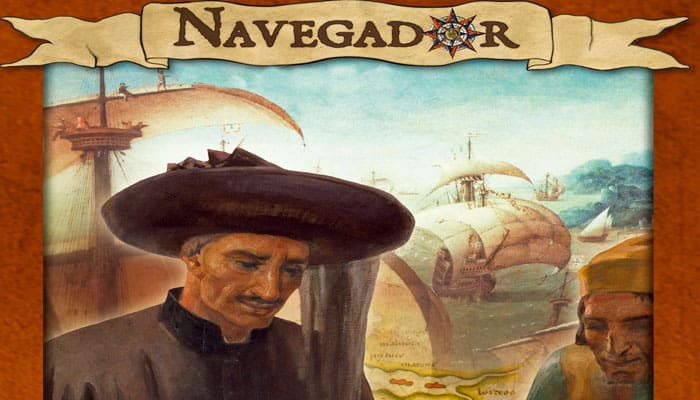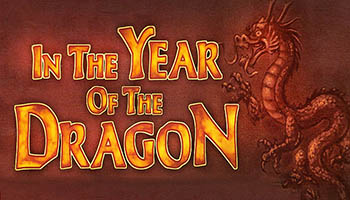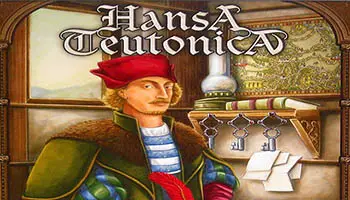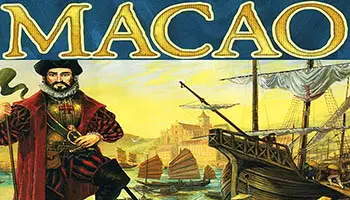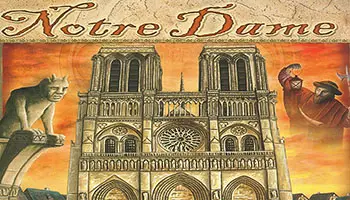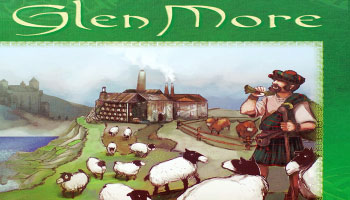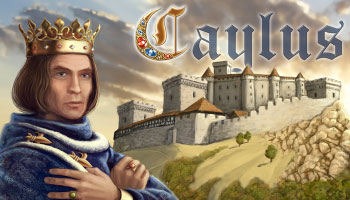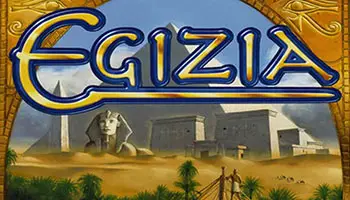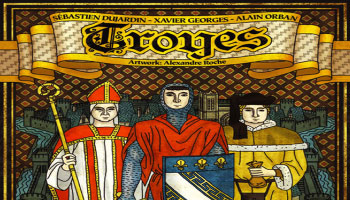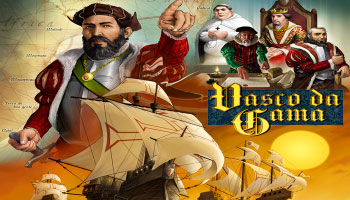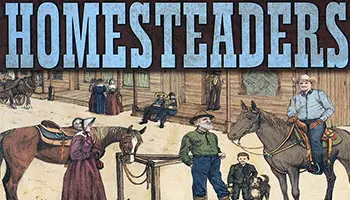In the 15th century, the Portuguese Prince Henry the Navigator (Henrique o Navegador) summoned the best cartographers and navigators of his time and instructed them to explore the shores of the African coastline.
They thereby won expertise in navigation and shipbuilding, heralding the Age of Exploration and enabling Portugal to later to find a direct trade route to India and China. In the height of its power Portugal controlled the sea trade from Brazil to Japan and attained overwhelming wealth with the trade monopoly on spices.
The players represent wealthy trade dynasties that help to build up the Portuguese colonial empire. Tracing the routes of famous explorers they advance ail the way to Nagasaki - but sailing into unknown waters is a dangerous venture.
Founding colonies and building factories helps them to build up an economic base - but the prices for sugar, gold and spices fluctuate all the time, and only the trade dynasty that adapts to the market will be able to finance its lofty plans. It is crucial to watch the actions of the other players, as there is fierce competition for new discoveries, colonies, shipyards, and churches.
Navegador is a challenging strategy game for 2 to 3 players with a little luck, because no one knows exactly what to expect when discovering new sea regions. Players' turns follow simple rules and are executed on a rondel, which leads to a fluid play experience.
Each player starts with only two ships and three workers and tries to expand his wealth.
There are several undiscovered lands that allow players, once discovered, to found some colonies there. Colonies exist in different places where sugar, gold and spices are available and can be sold to the market to make some money.
Money is used to build ships, erect buildings such as factories, shipyards and churches, and to get workers. Workers are necessary to found colonies or to acquire buildings and privileges, which exist in five categories and therefore encourage players to follow different strategies competing with each other.
At the end of the game the player who is most successful in combining his privileges with his achievements (colonies, factories, discoveries, shipyards, and churches) is the winner.
